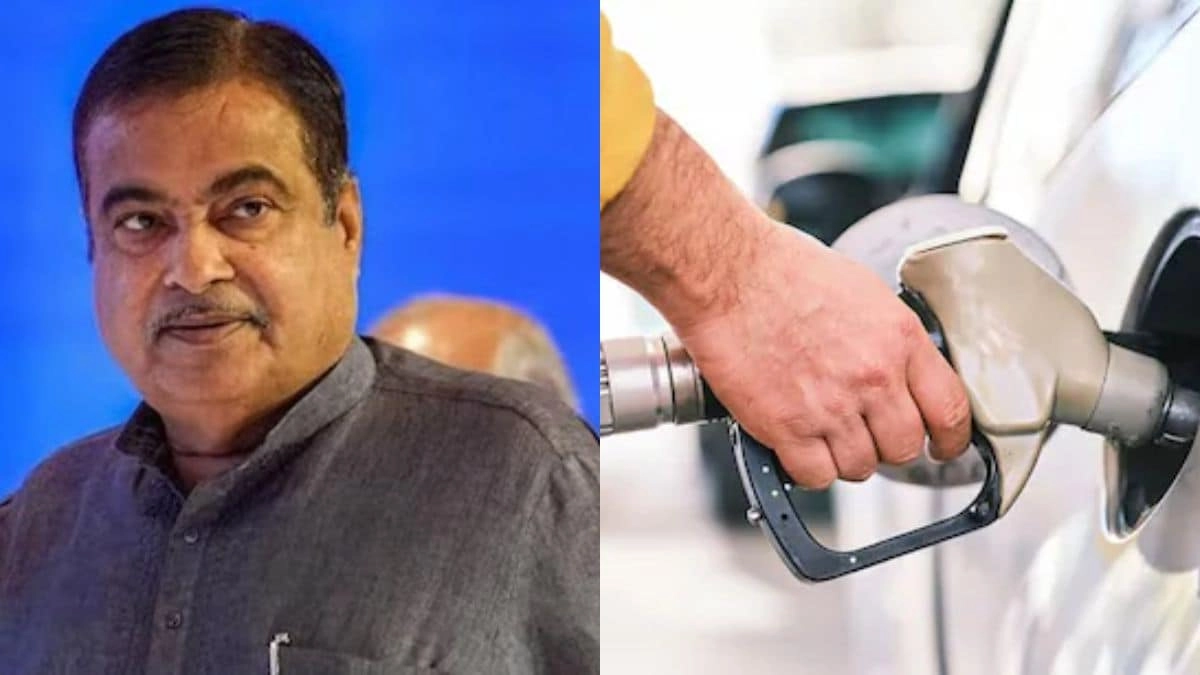Union Minister Nitin Gadkari has recently addressed the growing criticism surrounding the introduction of E20 petrol, which contains a higher percentage of ethanol compared to traditional fuels. He claims that the backlash he has received is part of a “paid campaign” orchestrated against him. This assertion highlights the intensity of the debate surrounding E20 petrol and reflects the various interests at play in the realm of energy policy and environmental sustainability. Gadkari’s comments come in the context of India’s broader efforts to transition towards cleaner energy sources, and the implementation of E20 petrol is seen as a step in that direction.
E20 petrol, which consists of 20% ethanol and 80% gasoline, is aimed at reducing reliance on fossil fuels and decreasing carbon emissions. However, critics argue that this shift may not be as beneficial as the government claims. Concerns have been raised regarding the potential impact on vehicle performance, compatibility with existing engines, and the agricultural implications of increased ethanol production. The controversy surrounding E20 petrol underscores the complexities involved in transitioning to more sustainable energy solutions, as various stakeholders, including environmentalists, automotive manufacturers, and farmers, express divergent views on the policy’s merits.
Gadkari’s remarks about a “paid campaign” against him suggest that he believes external forces are attempting to undermine the government’s initiatives. This claim raises questions about transparency and accountability in the discourse surrounding energy policies. The interplay between political interests and environmental concerns is a delicate balance, and the debate over E20 petrol serves as a microcosm of larger issues faced by governments worldwide as they grapple with climate change and energy security. As India aims to position itself as a leader in sustainable energy, the outcomes of such campaigns and public opinion will play a significant role in shaping future energy policies.
In conclusion, the criticism of E20 petrol and Gadkari’s response reflect the multifaceted challenges involved in energy transition discussions. While the government is pushing for a greener future, it must also navigate the skepticism and concerns of various stakeholders. The notion of a “paid campaign” against Gadkari points to the contentious nature of energy policy debates and the significant influence of public perception in shaping the trajectory of climate initiatives in India. As the situation evolves, it will be crucial for the government to engage transparently with critics and address their concerns to build a consensus around sustainable energy solutions.




